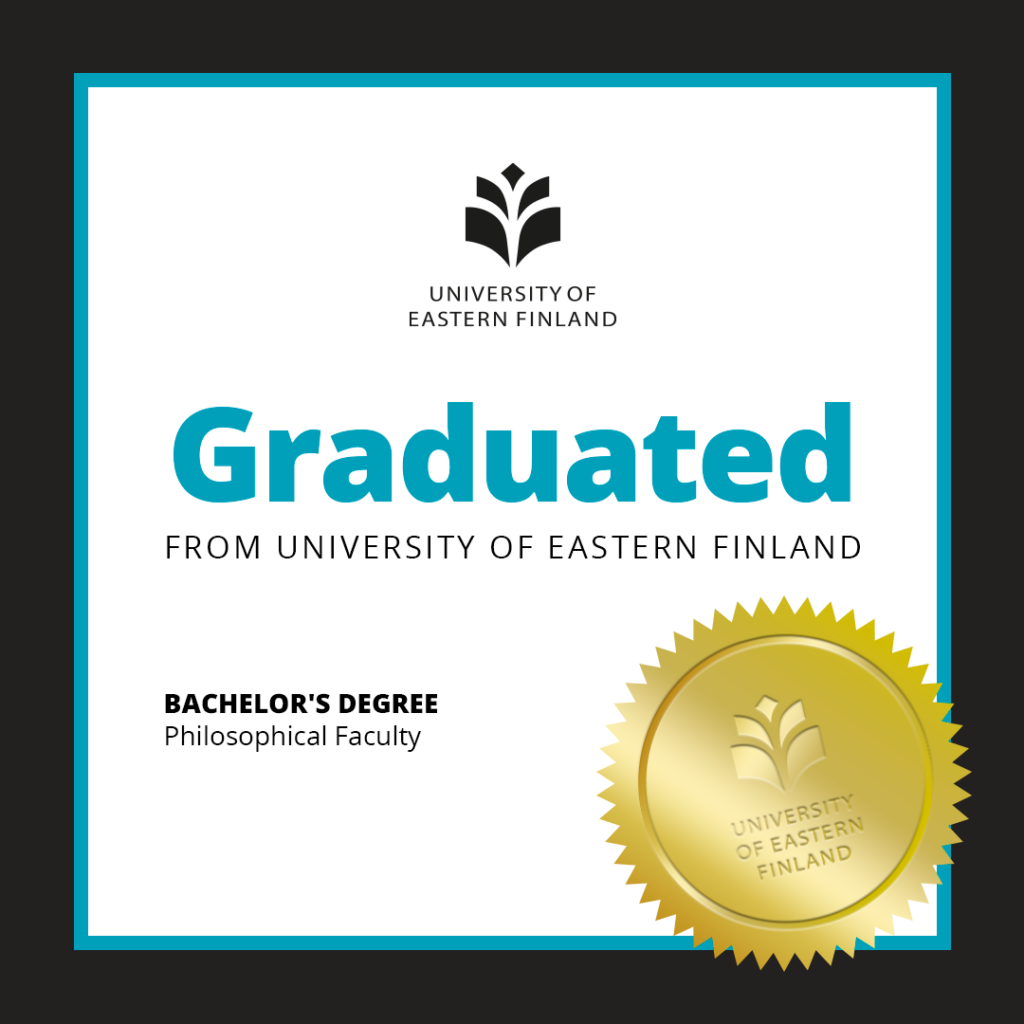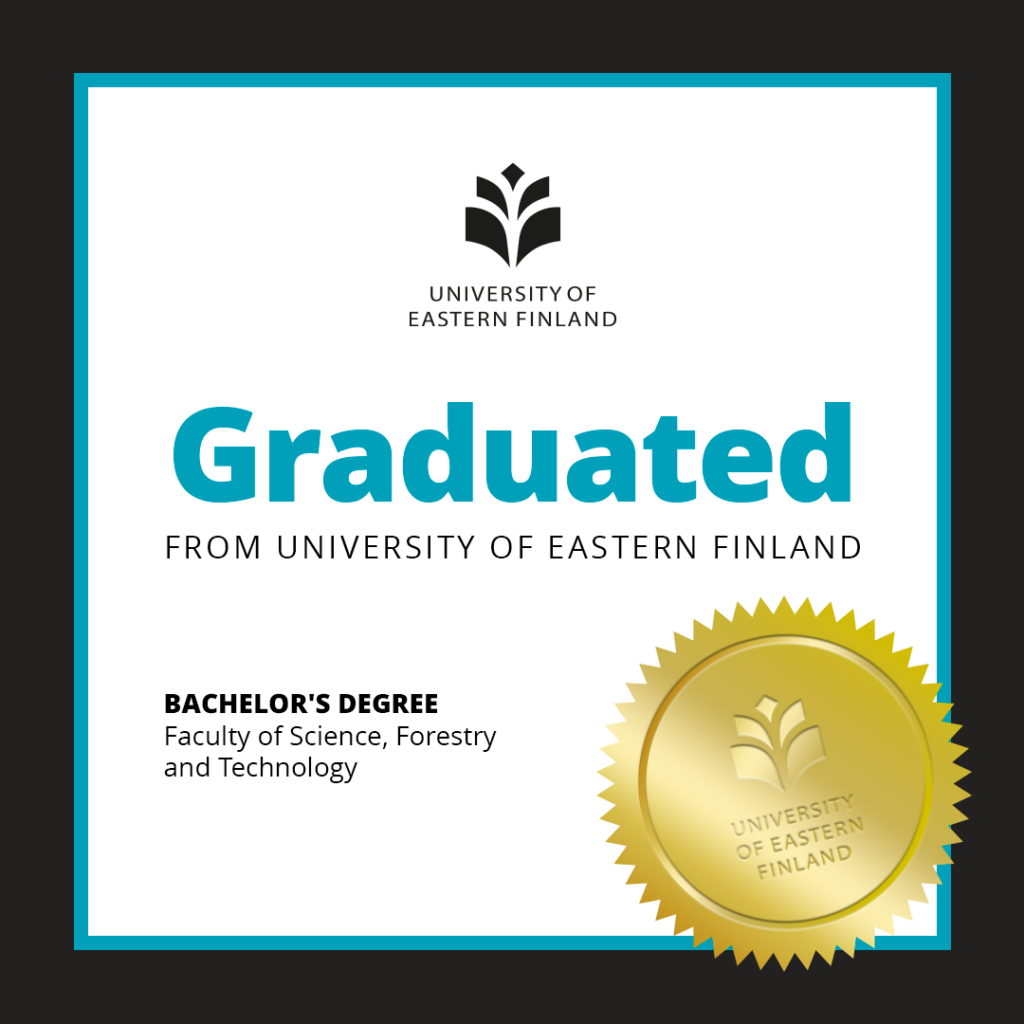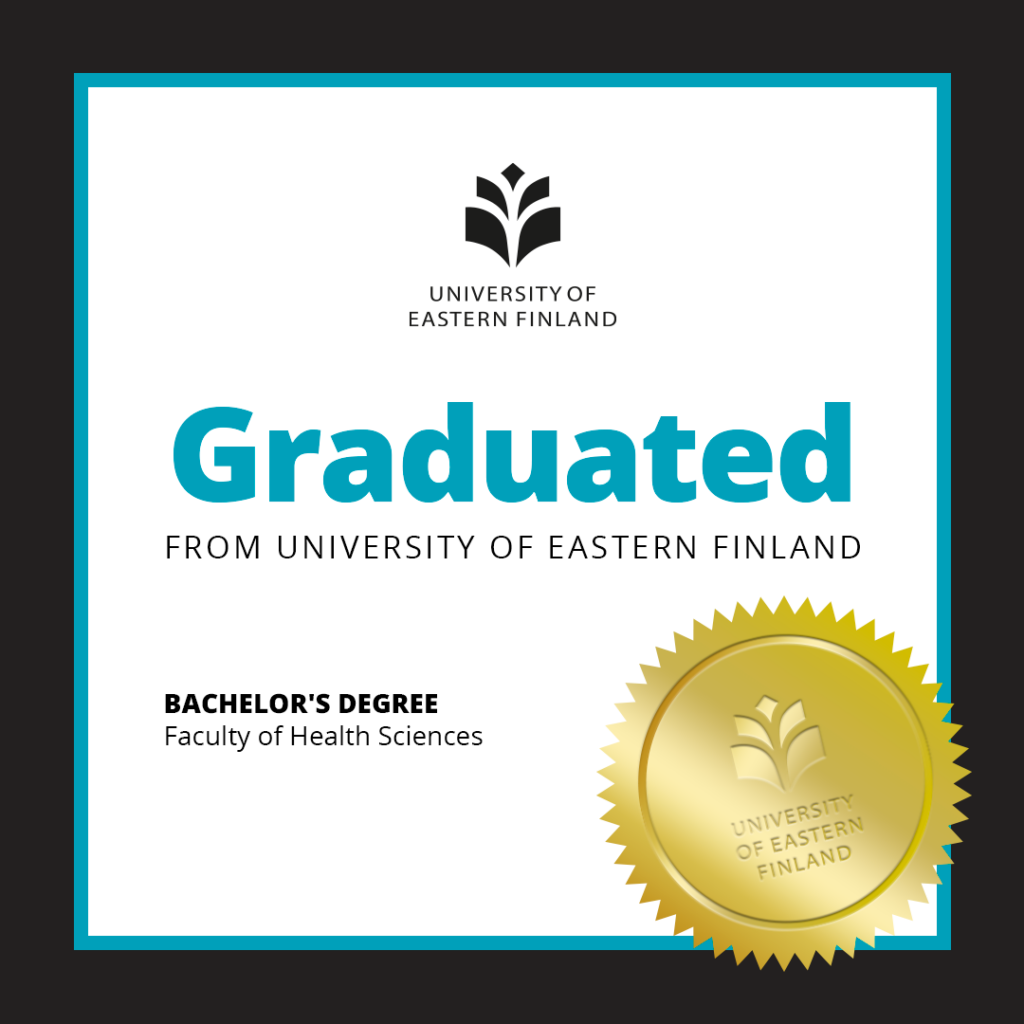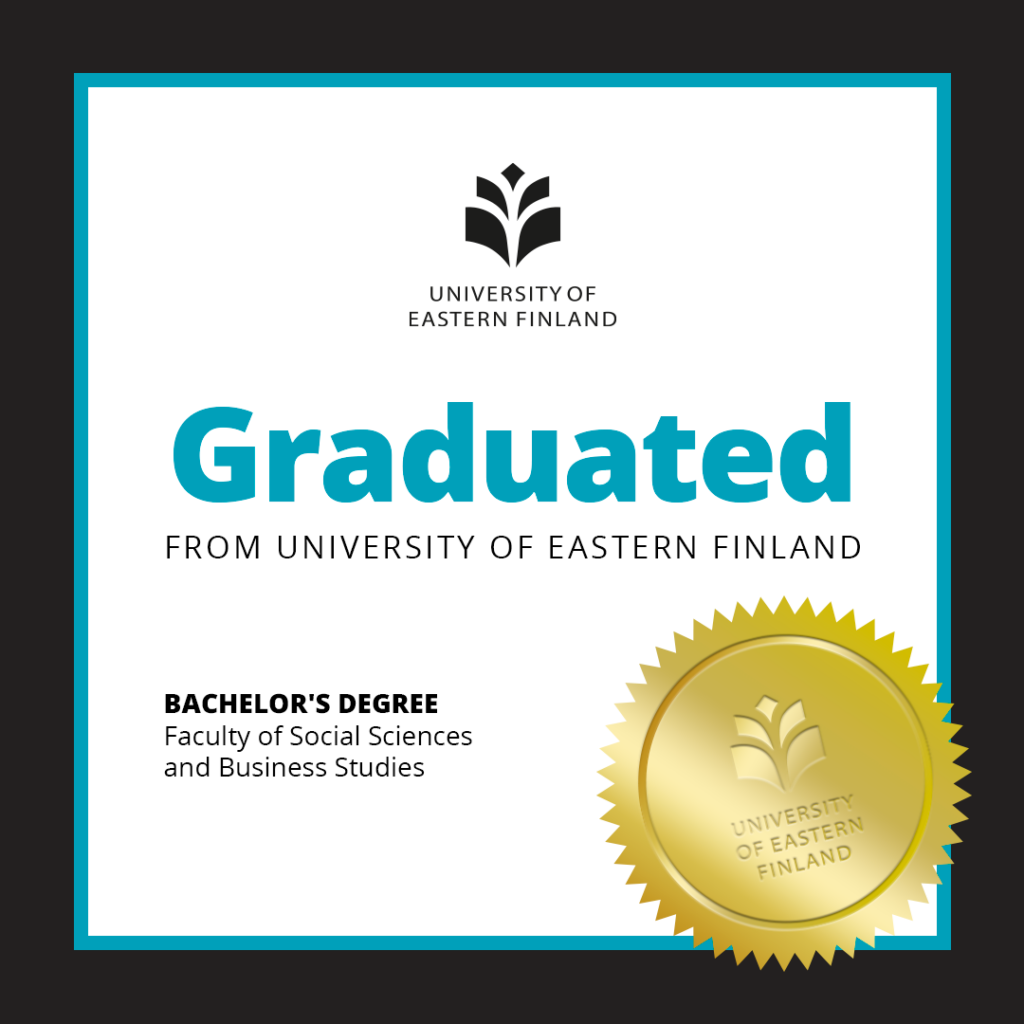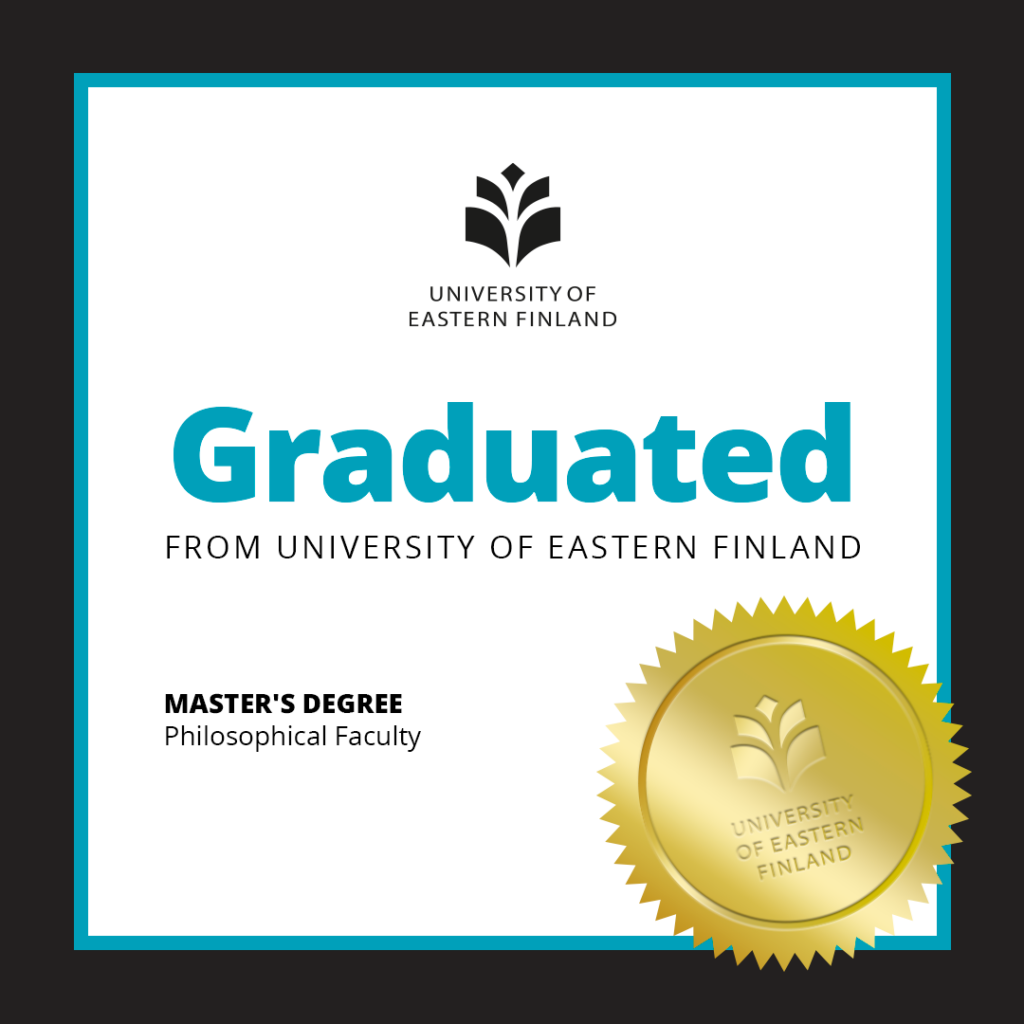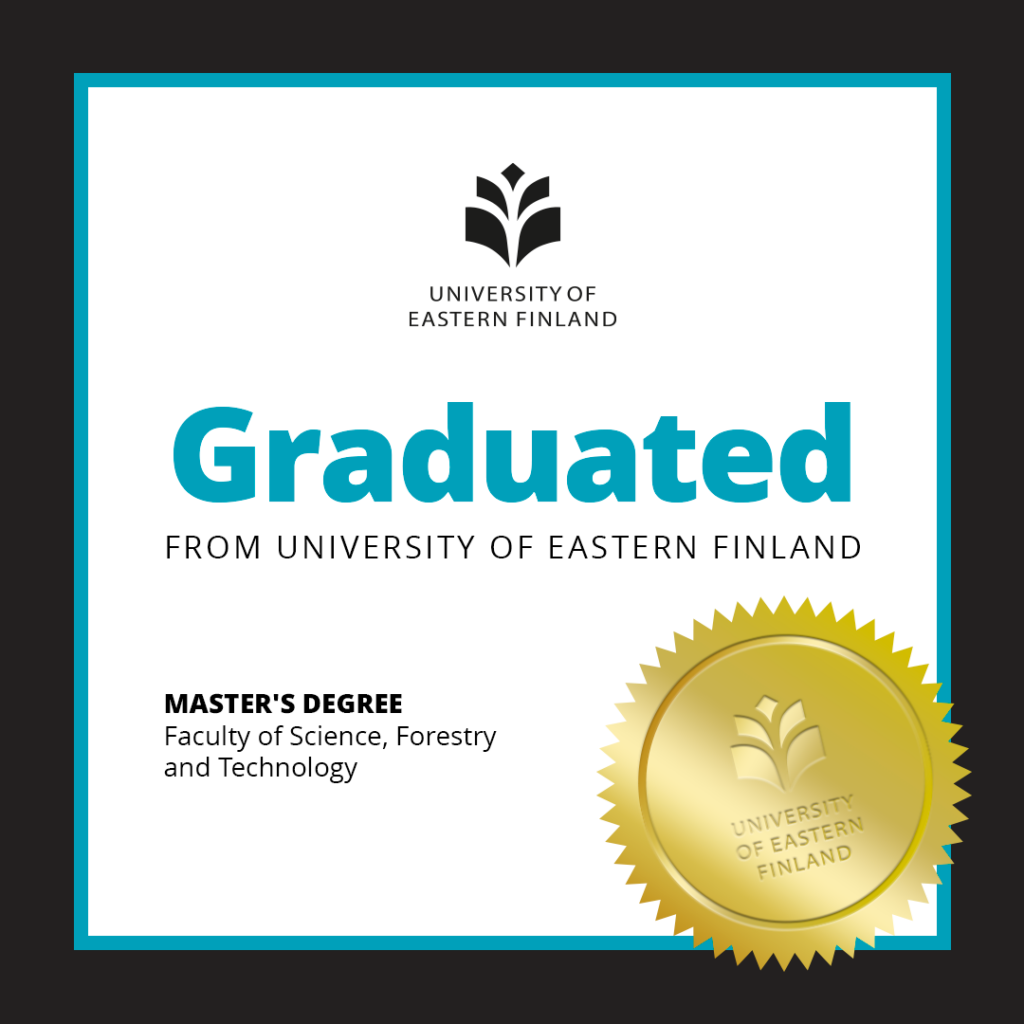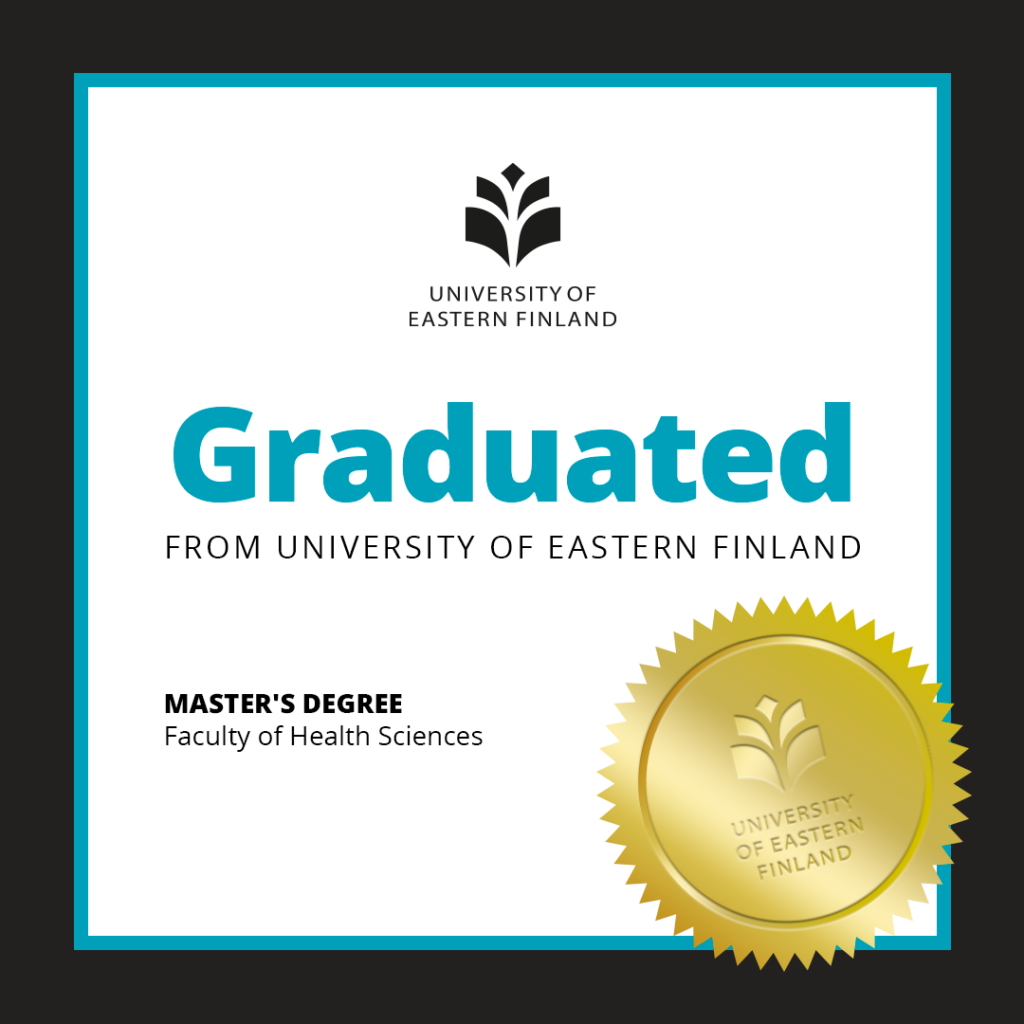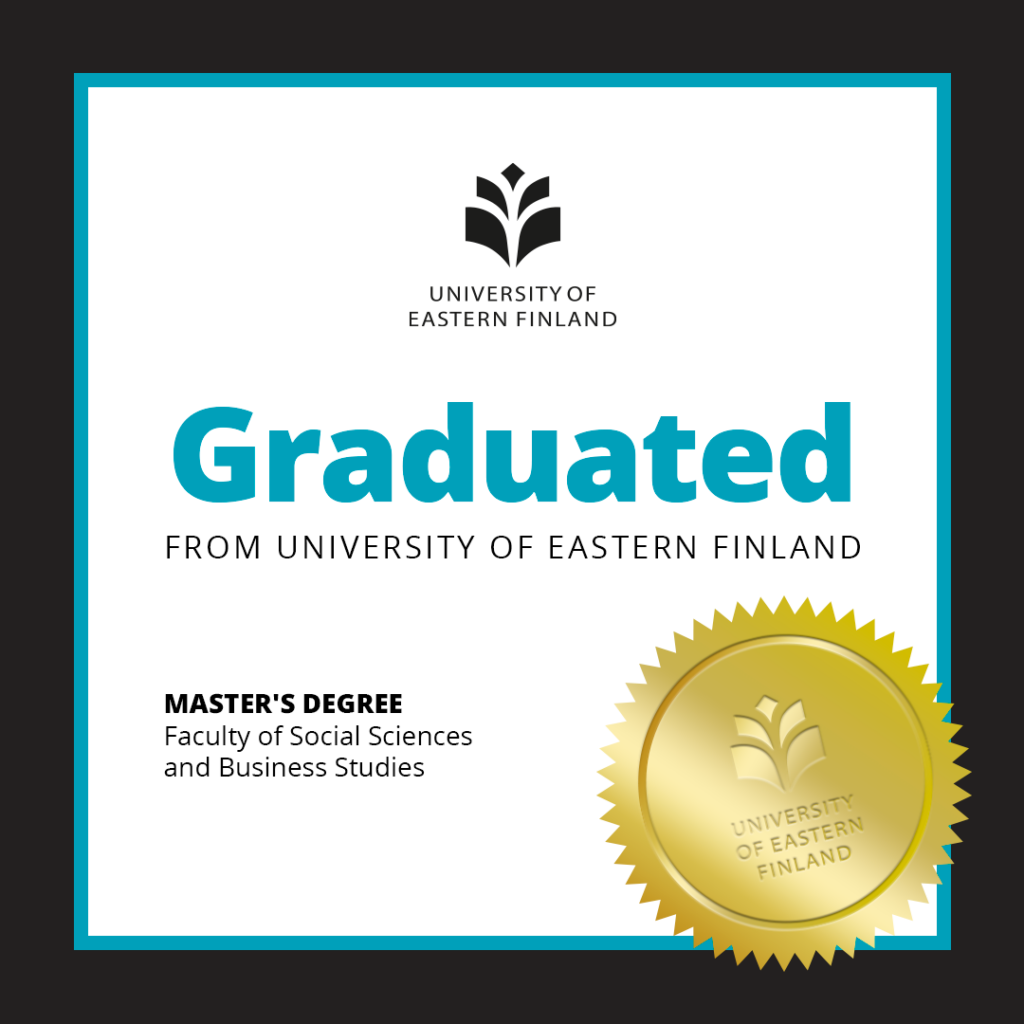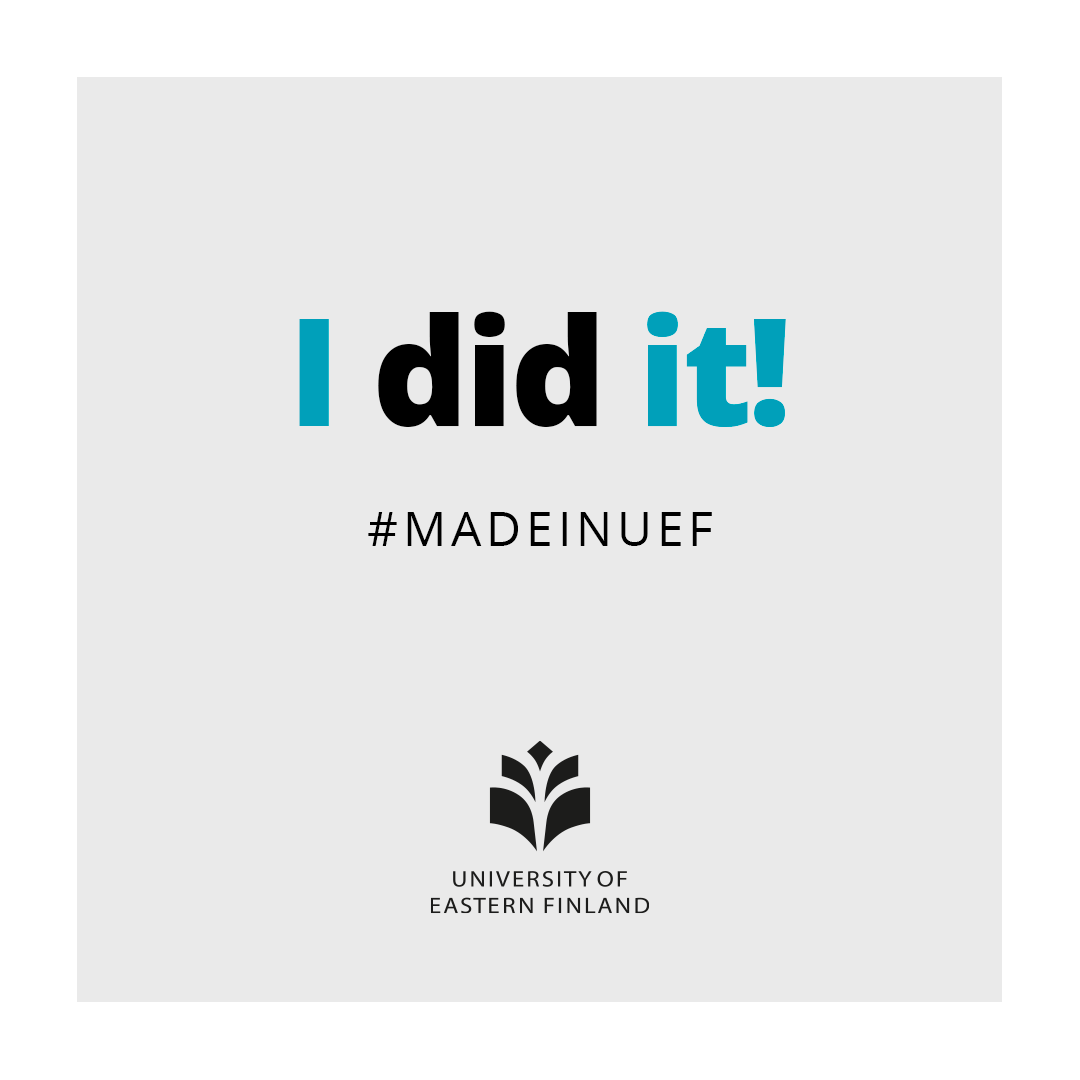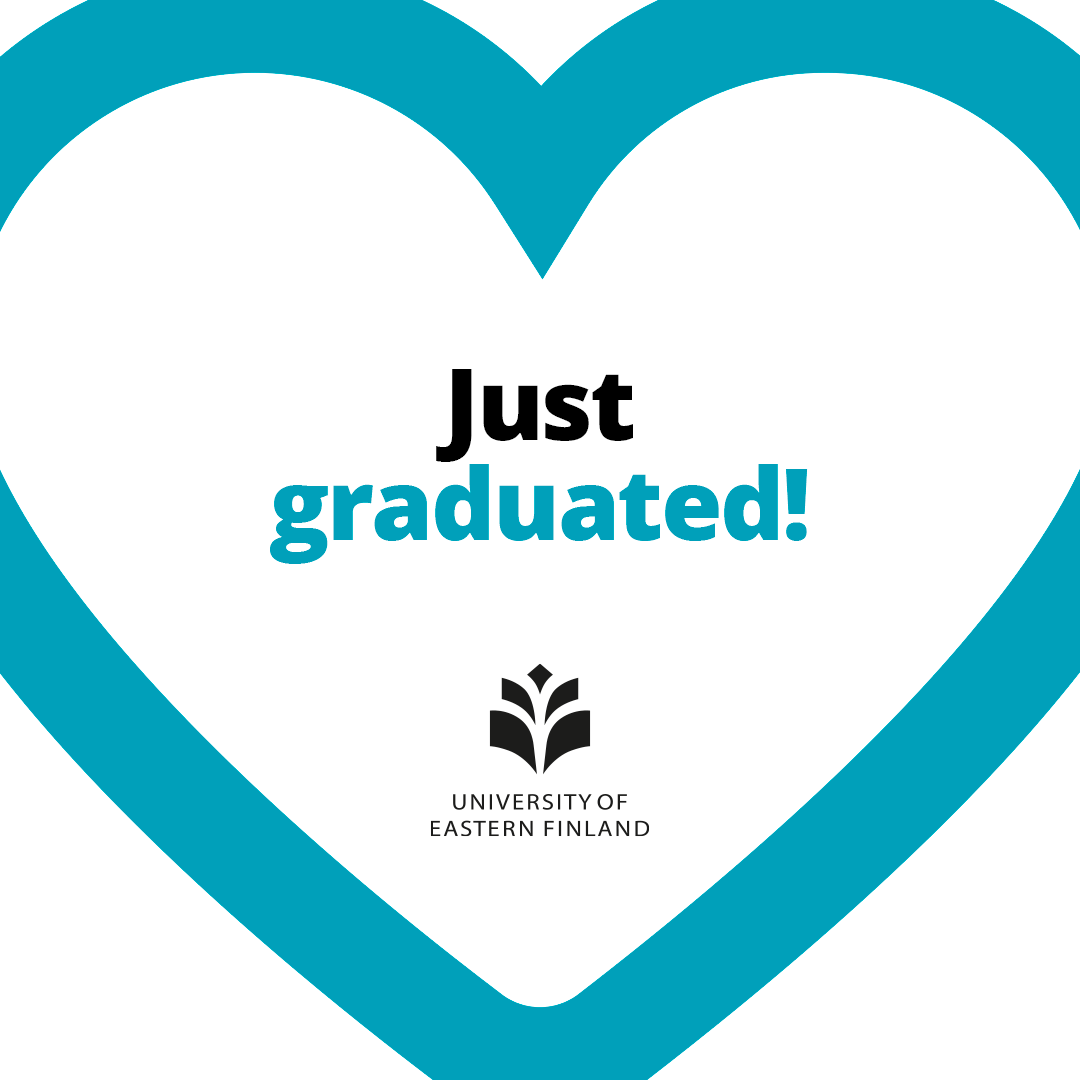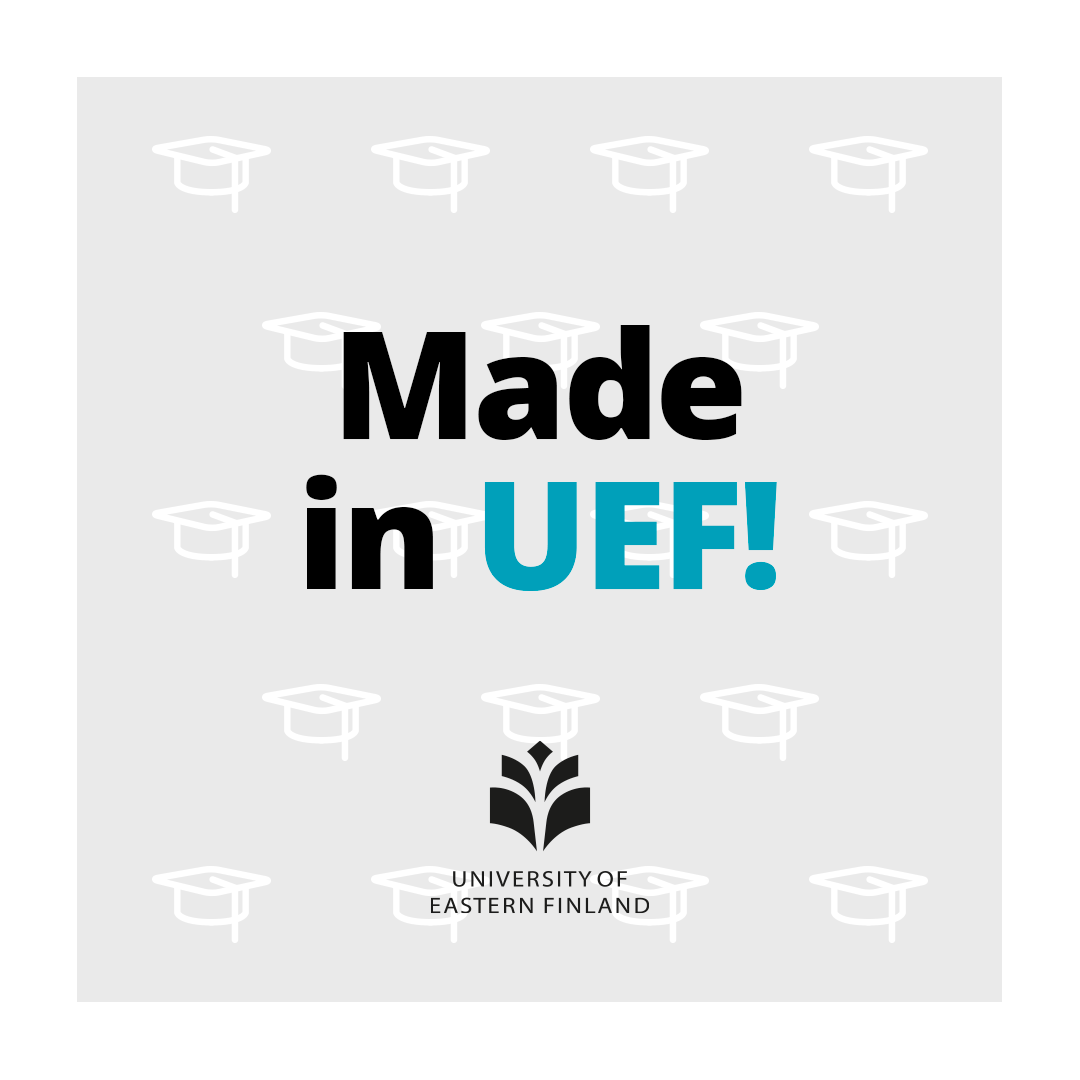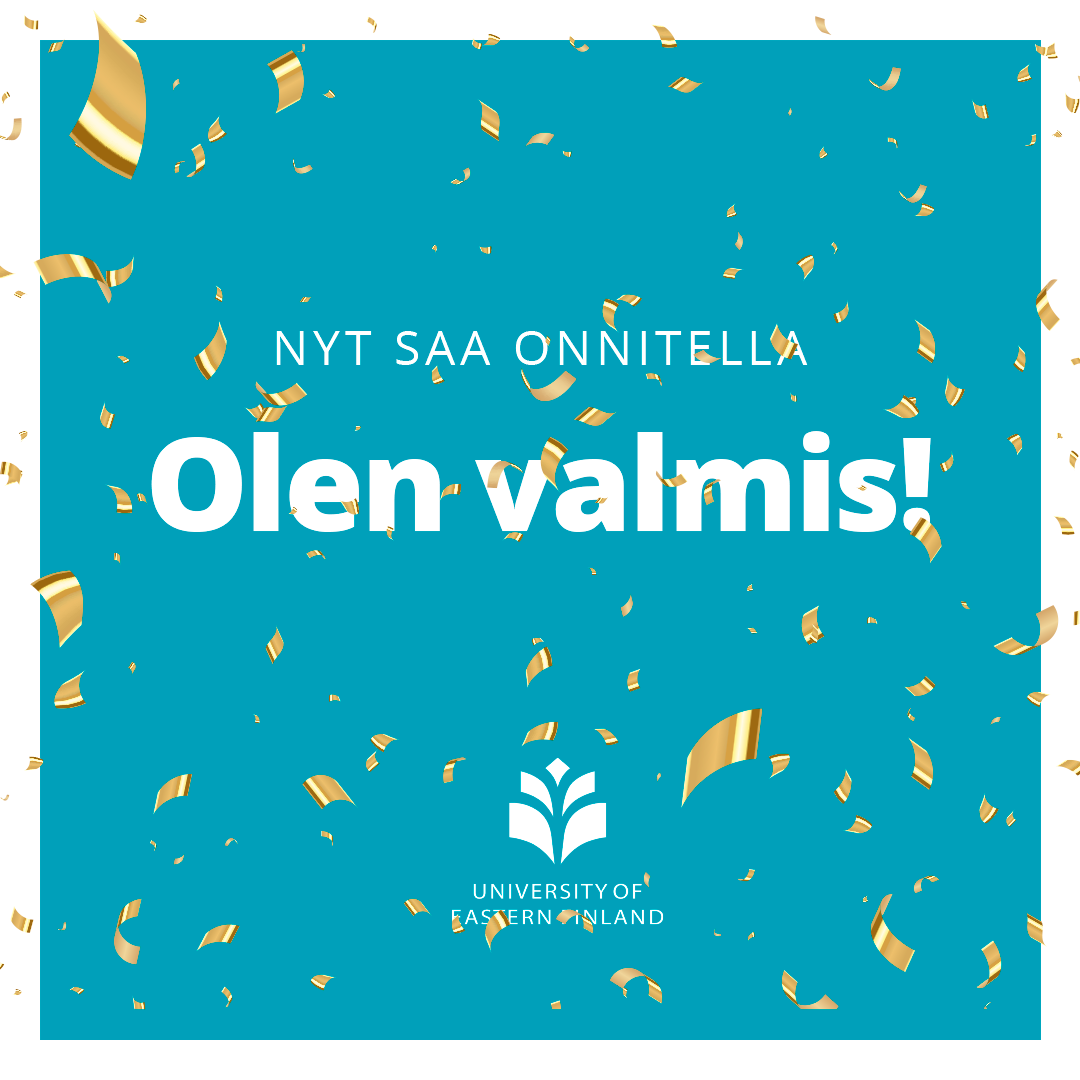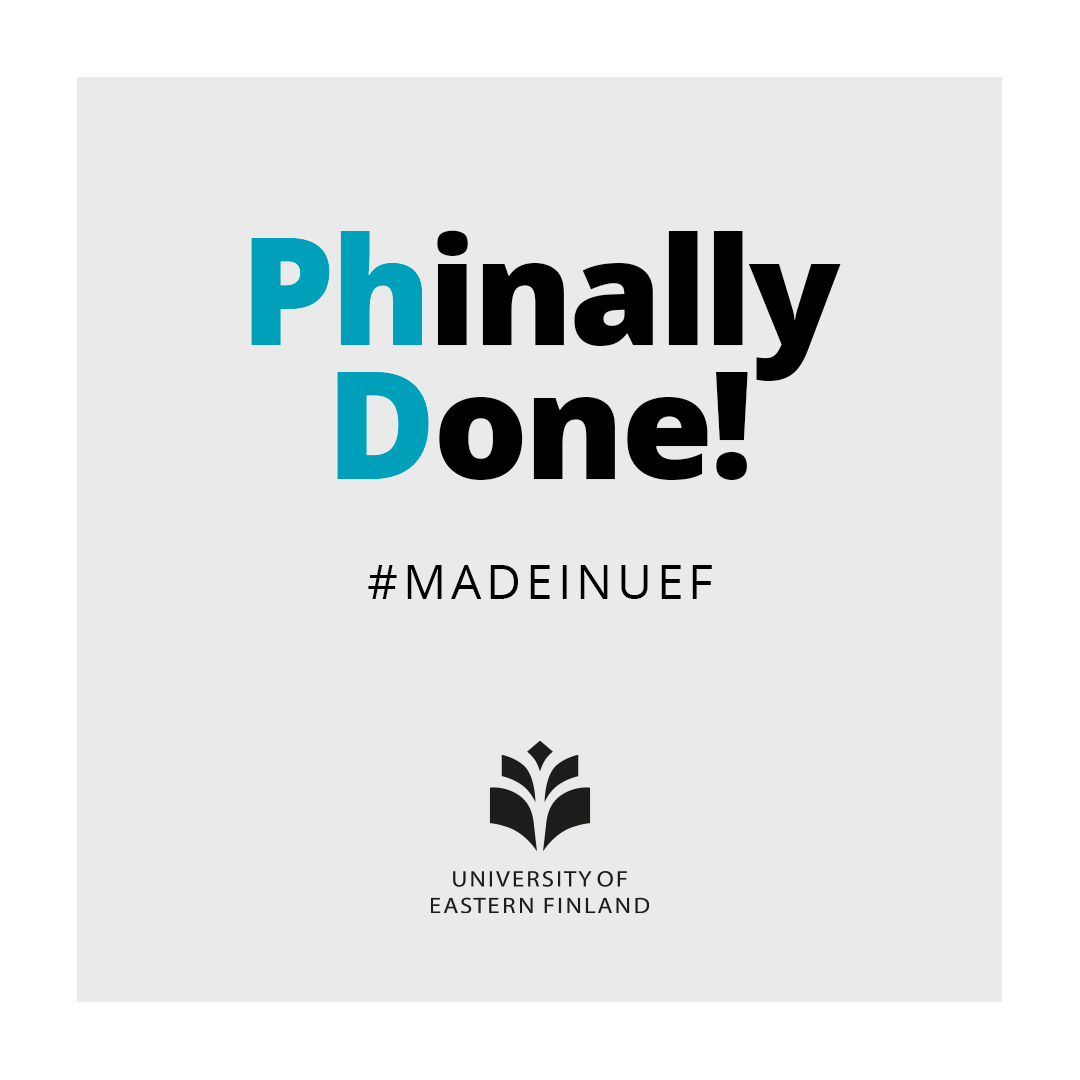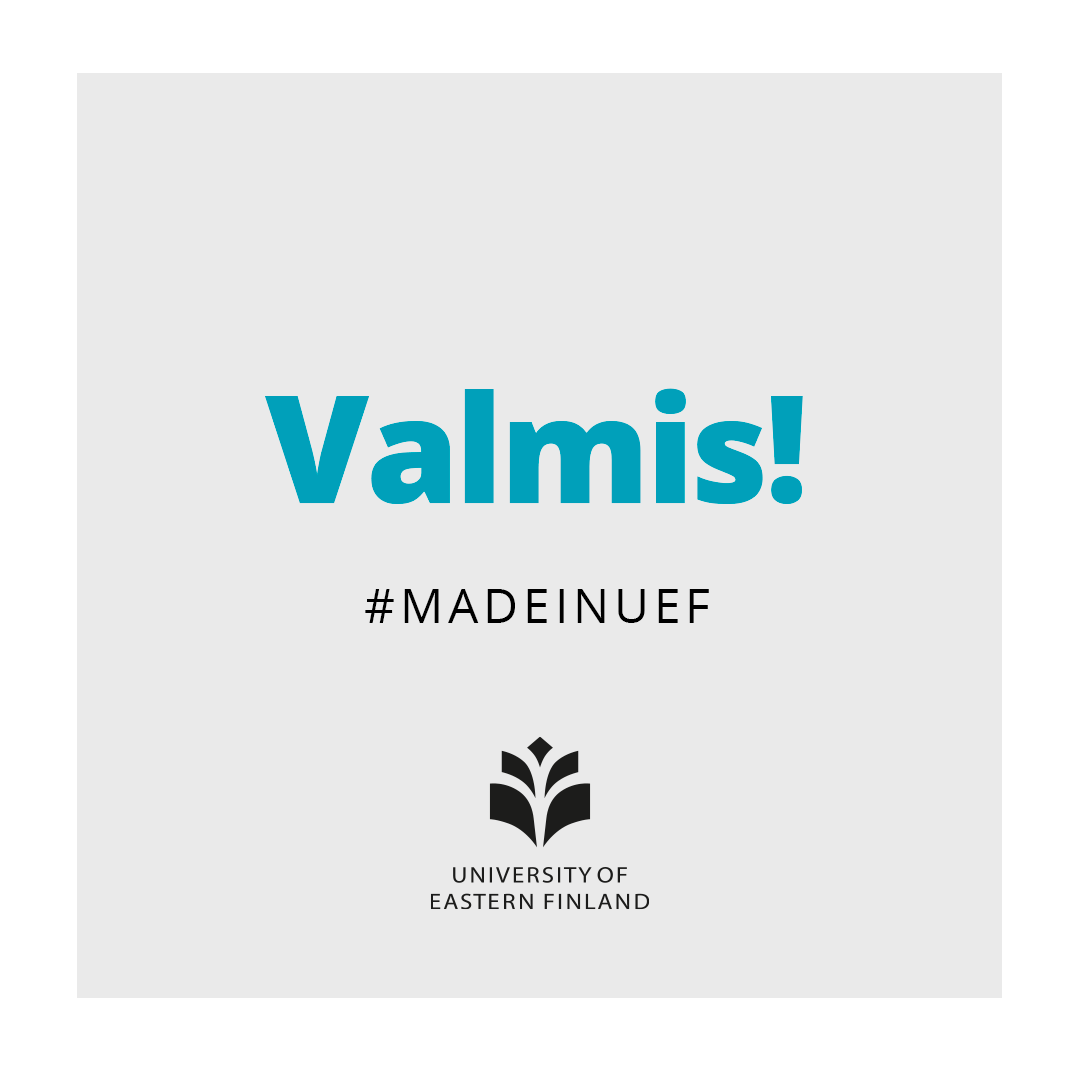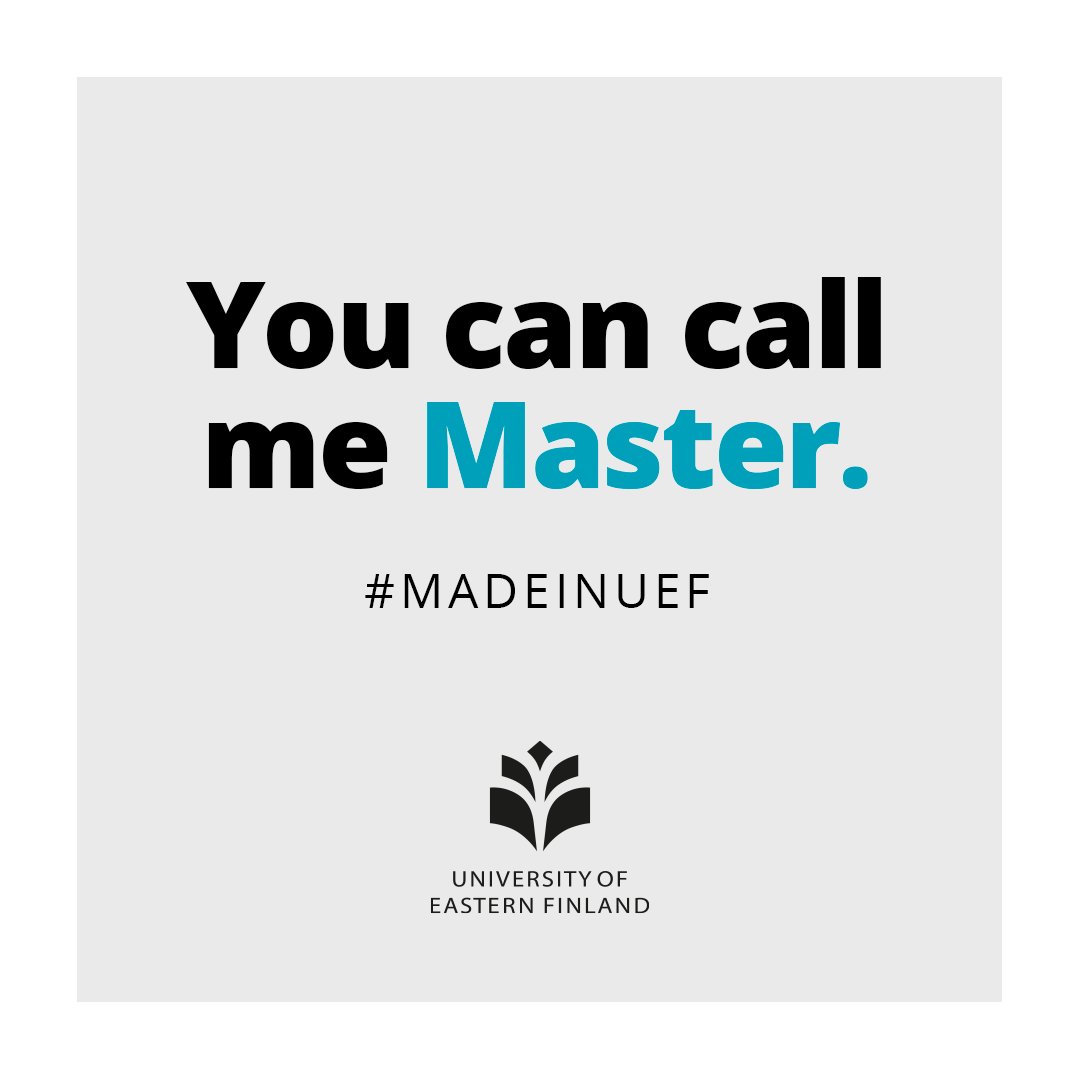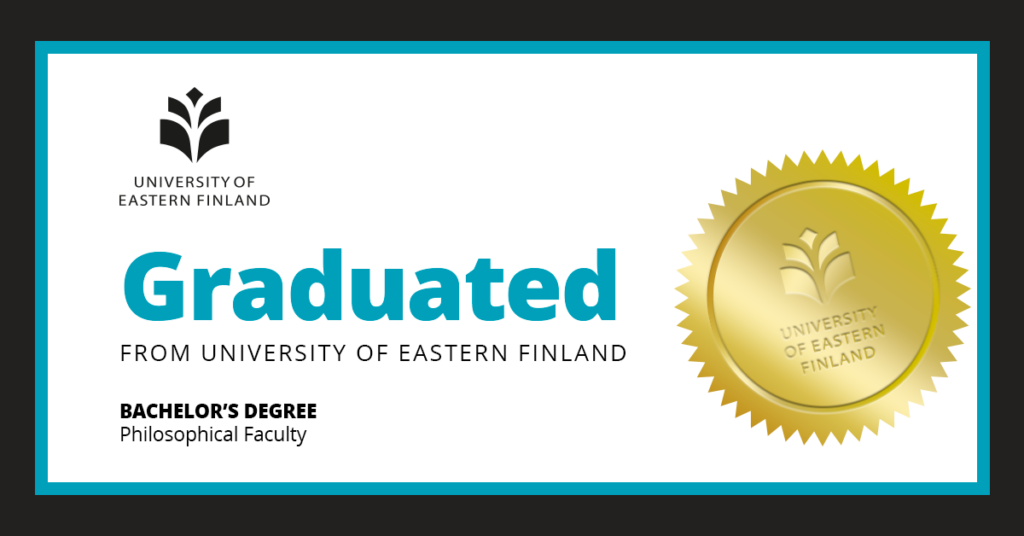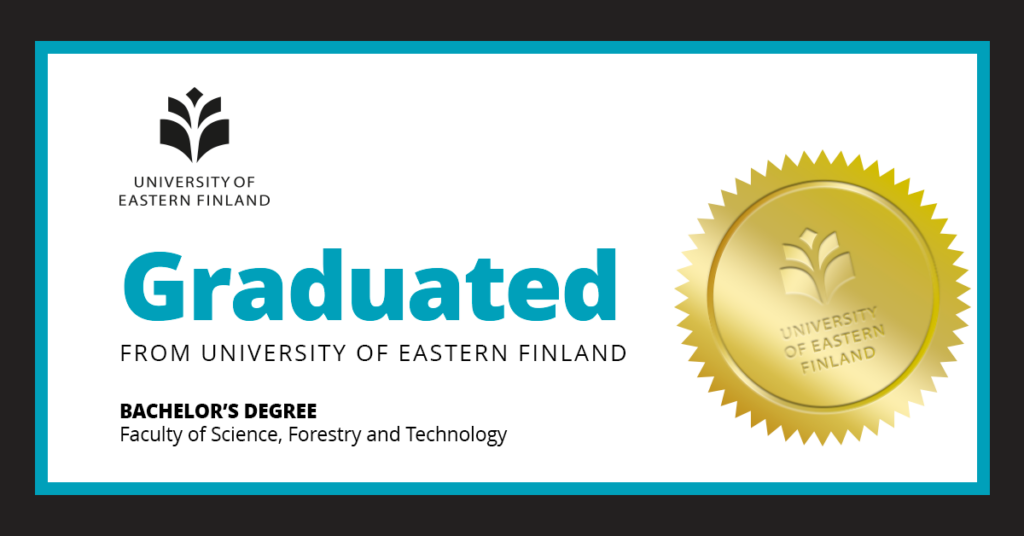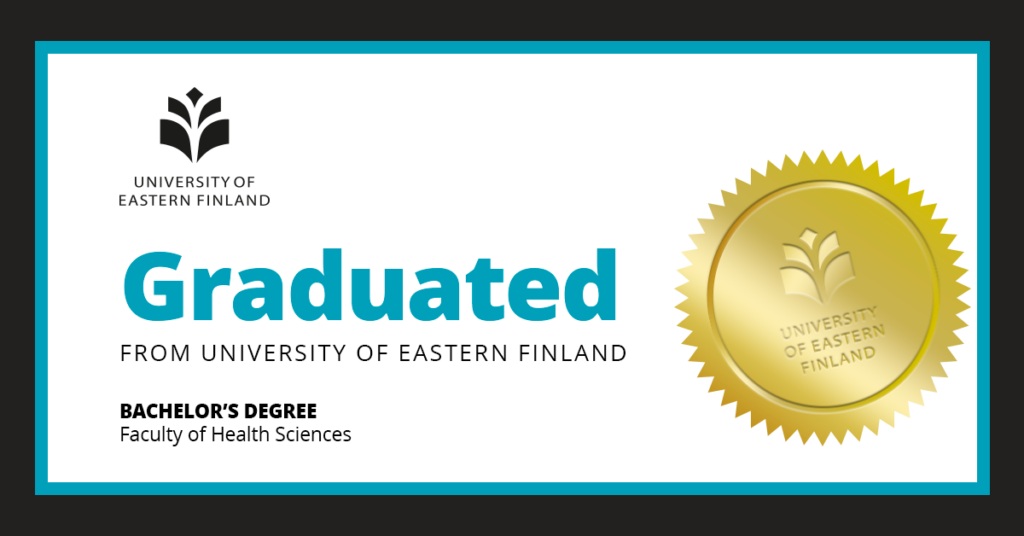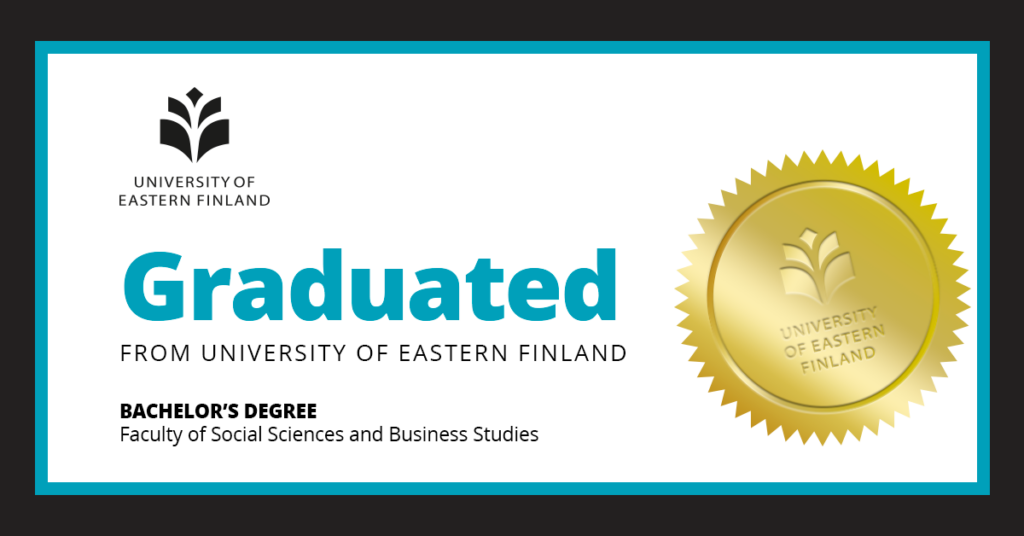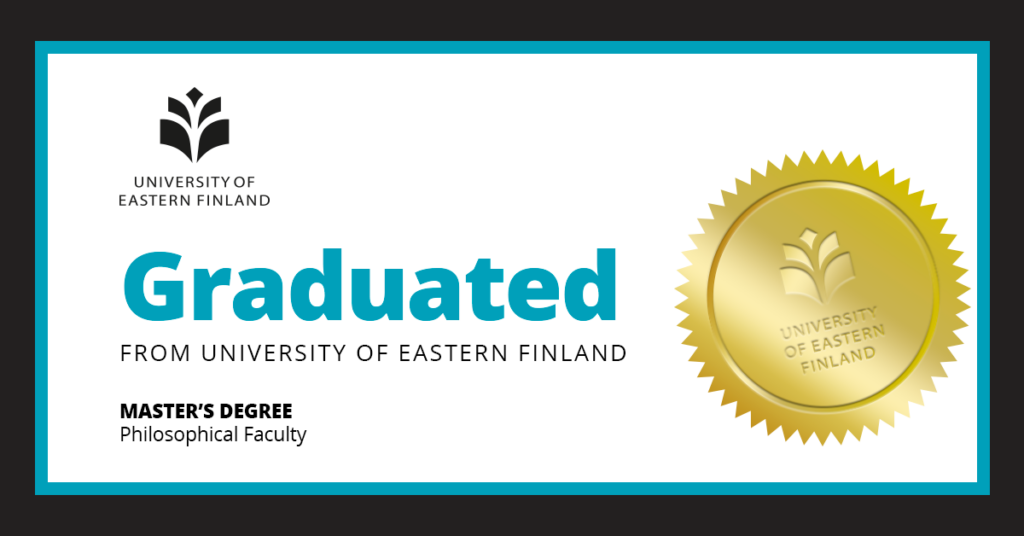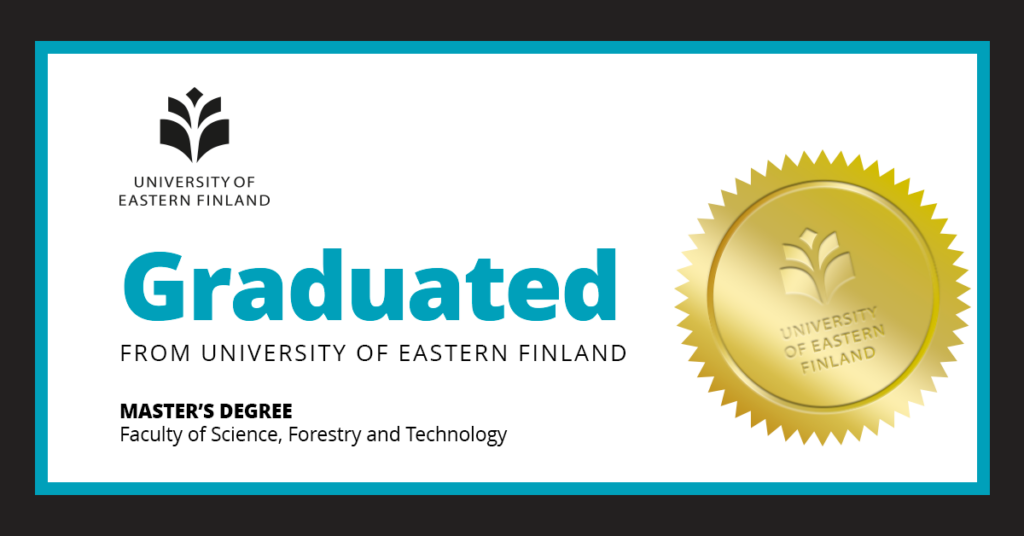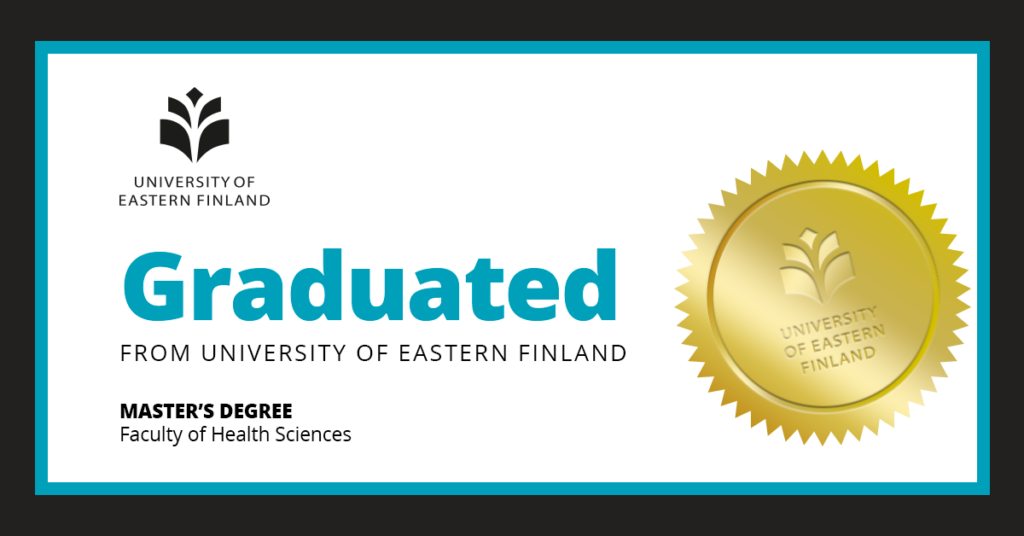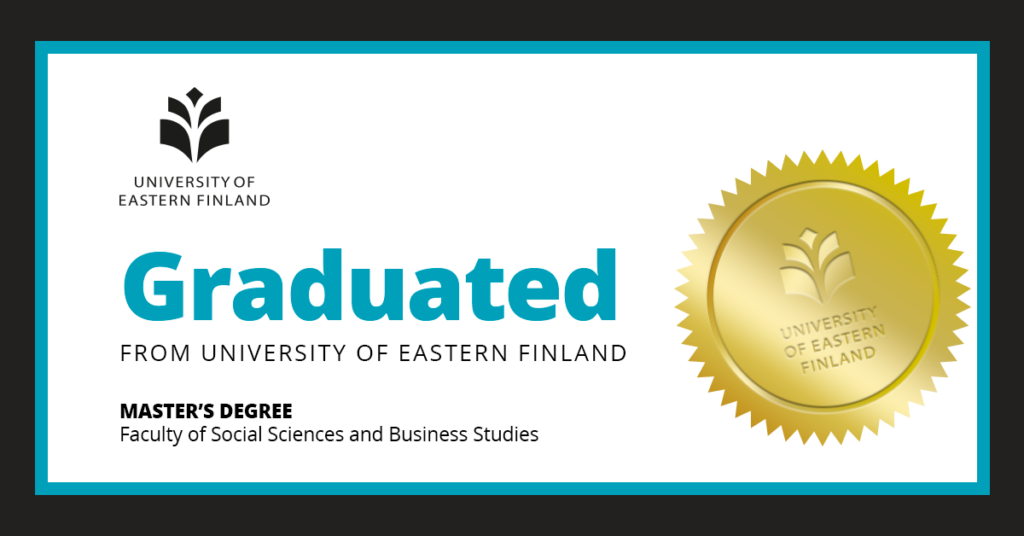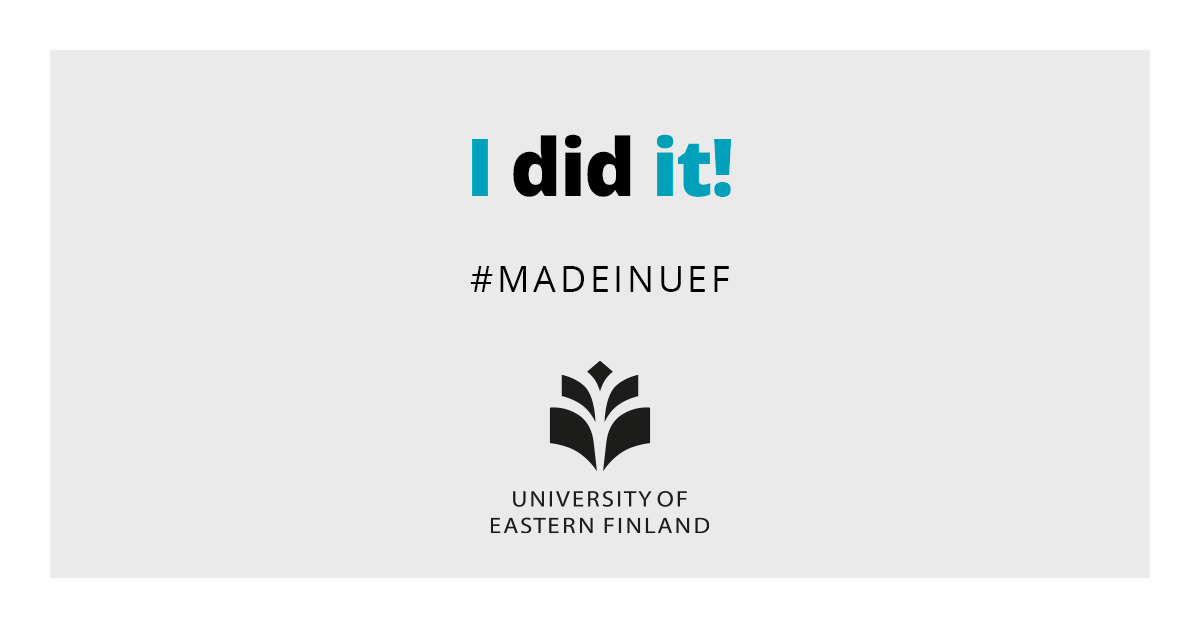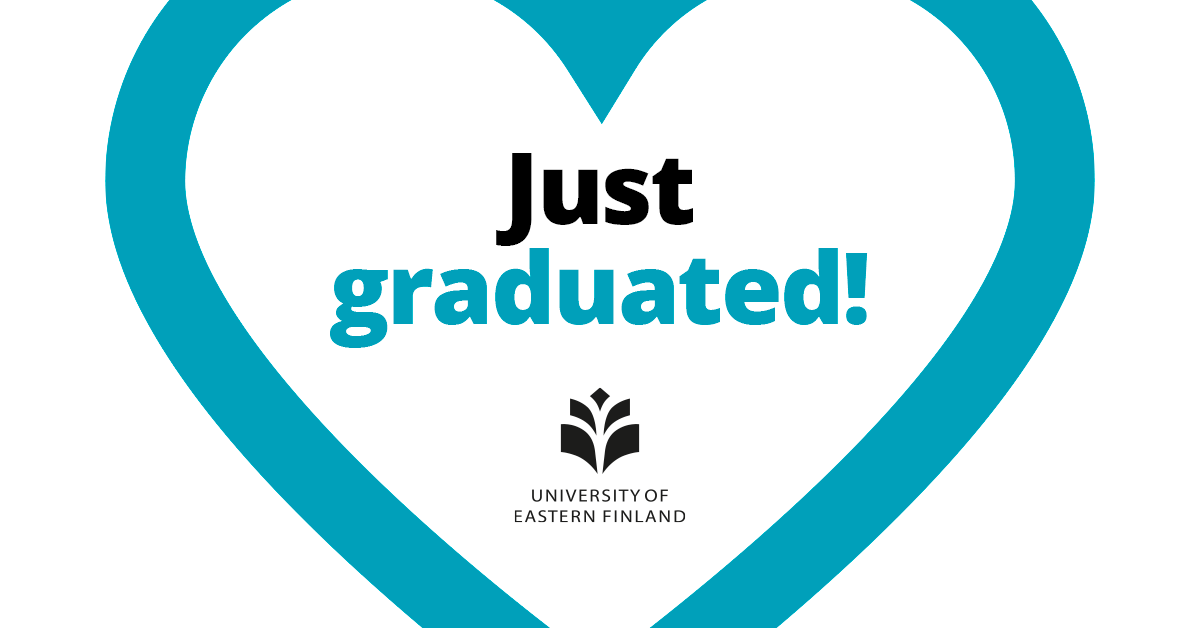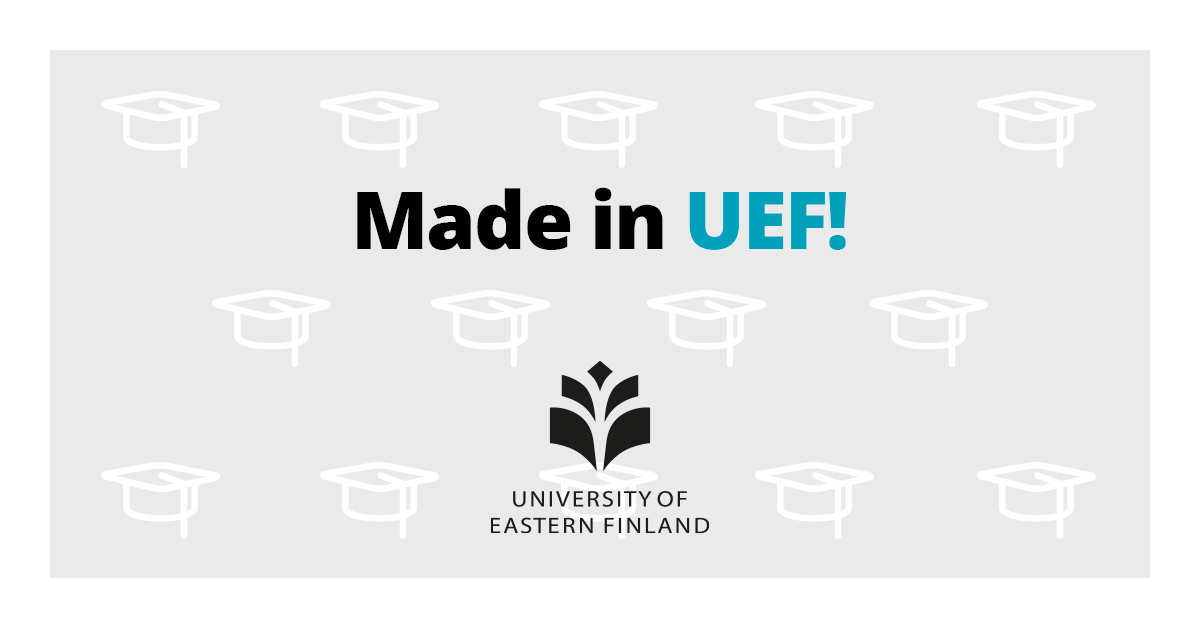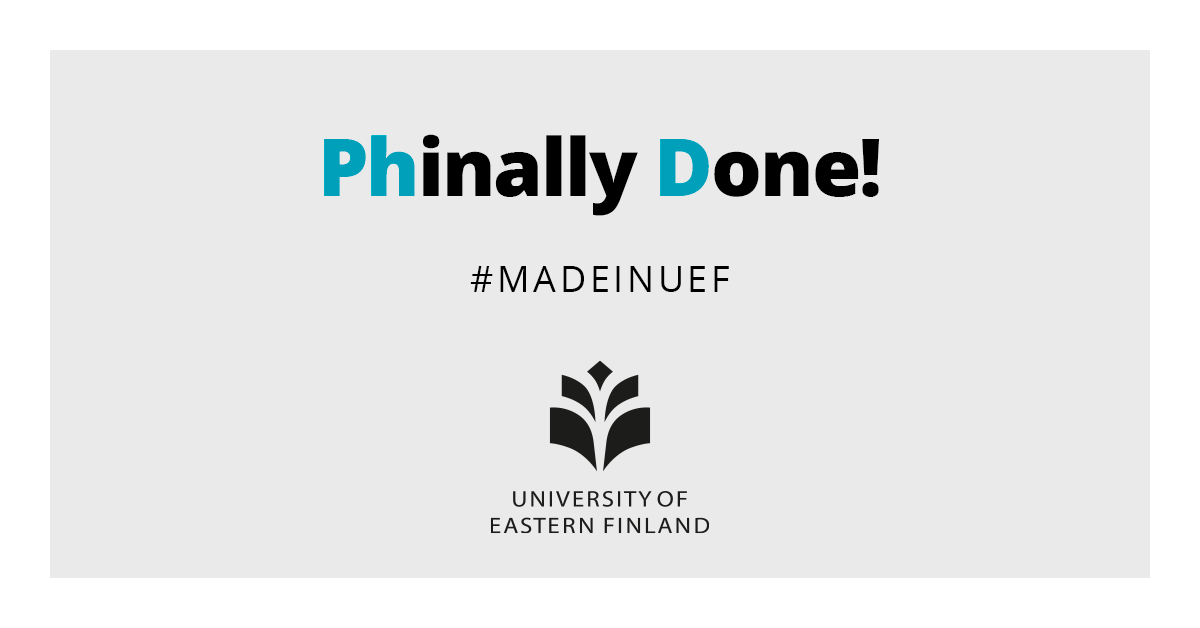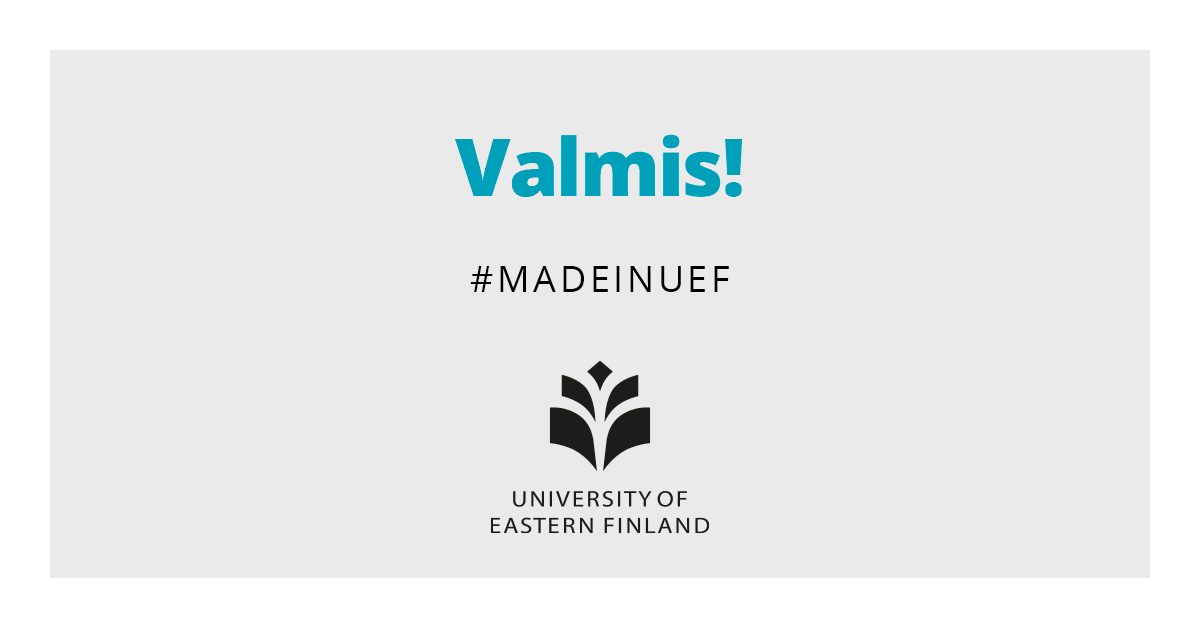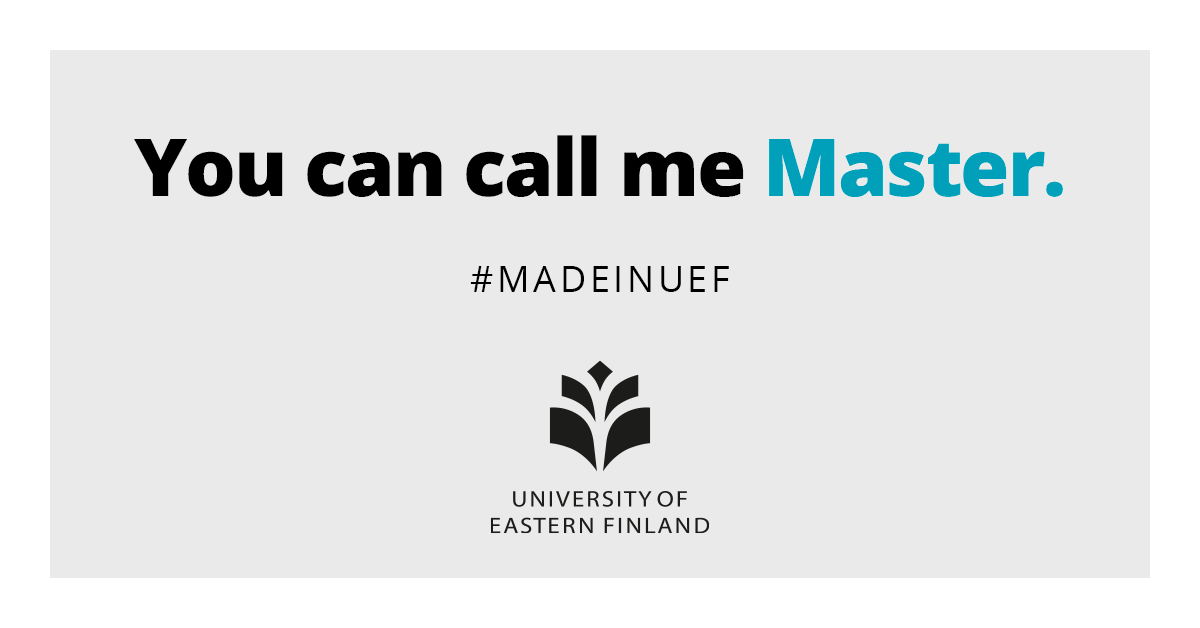Student exchange at the University of Eastern Finland is done in the framework of different exchange programmes. Host countries and universities vary greatly between programmes: exchange agreements are made on a subject/departmental level and also university-wide. Placements in subject/department specific agreements are available for students of these fields, while university-wide placements are available for students of all study fields.
Some fields of study may have a more limited range of options in terms of host universities: we encourage students to be flexible when considering their options! For example, in the Erasmus+ programme, host universities are subject/department specific. More information about possible exceptions is available on the Erasmus+ programme page in Kamu.
Host universities tend to have more limited course offerings to exchange students than they have for their own degree students. This is good to consider when planning the exchange: host universities have the right to independently determine which courses/fields are available to exchange students.
Language of tuition is also something that should be considered: tuition in English is available widely around the world, but it is not always a given. Make sure you know what the language of tuition is at your host university and check for any possible language requirements when planning you application.
Please note that you cannot have a valid employment contract at UEF during an exchange period nor can you graduate before or during an exchange period.
Picking a host university in different exchange programmes
Different exchange programmes have host universities all around the world. In the framework of these programmes, students can go abroad for a semester or a full academic year. Read more about each programme at their own pages on Kamu, under the heading Long-term Exchange Options. If you are interested in short-term exchanges (max. 1 month), please see Short-term Exchange Options.
Here is a summary of regions available within each programme:
- Erasmus+: Europe
- YUFE Alliance: Europe
- Nordplus programme and Nordlys network: Nordics and Baltics
- ISEP programme: United States and Asia
- Bilateral exchange: Africa, Asia, Australia, Latin America, North America
- north2north: Nordics and North America
Erasmus+
Exchanges in the Erasmus+ programme are based on subject/department-specific agreements. Students should select their host university from the list of their major subject/department primarily. During the exchange, students should complete studies within their own study field depending on the availability at the host university – it is generally not possible to go for an exchange at your own study field’s host university to complete courses from another study field.
Students can also apply for exchange based on their minor subject. In this case, the student will select a host university from their minor subject’s list and complete minor subject studies during the exchange. It is not possible to select a host university from a minor subject’s list and then complete courses from your major. If a student is applying via their minor, the minor must be:
- Started at UEF before the exchange begins (=they must have completed courses for the minor in the registry)
- Included in an approved PSP
When applying for exchange to a minor subject’s host university, the student is a secondary candidate for selection. Major students at each study field are always primary candidates for the host universities of each field.
Your study level is also relevant in Erasmus+ exchanges: some of the universities are only available for bachelor or master’s students, while some are available for all study levels. Placements for each study level are indicated with a number from 1 to 3 next to the name of each host university in the host lists; 1=bachelor, 2=master, 3=doctoral students.
YUFE Alliance
Exchange placements in the YUFE Alliance are available for students from all fields of study and of all study levels. Exchanges within YUFE are possible in one of two ways:
YUFE Student Journey exchange: the student will select their courses from the host university’s offerings (requires that the student has a YUFE Student Journey study right)
YUFE Minor exchange: the student will complete a fill minor during the exchange, AKA YUFE Minor (does not require a Student Journey study right)
As this is a university-wide programme, all host universities may not have all the same fields of study as UEF. More information about the YUFE Alliance and what they offer to students is available on YUFE’s Kamu page.
Nordplus programme and Nordlys network
The Nordplus programme in its entirety includes subject-specific networks and the Nordlys network. The programme is available for bachelor and master’s students. More information about the subject-specific networks and the Nordlys network is available at the programme page.
Nordplus subject-specific networks
Subject-specific networks are available for major students of each network’s field of study. In the framework of these networks, students will be able to complete courses within their field of study at network partner universities in the Nordics and Baltics.
Nordlys network
The Nordlys network is open to all students, especially to those whose field of study does not have its own network. Multidisciplinary studies are available at the Nordlys network partner universities, though some subject-specific restrictions may apply.
ISEP Exchange
The ISEP programme is available for bachelor and master’s students of all fields. The programme includes a lot of universities especially in the United States. For students interested in exchanges within Europe, we primarily recommend any of the European exchange programmes (Erasmus+, YUFE, Nordplus/Nordlys).
Through the ISEP Exchange programme, students do not apply for one specific host university: instead, students will apply for 5-10 universities with the same application. The final exchange placement is determined by the ISEP programme based on the student’s application. Only one semester exchanges are possible in the ISEP Exchange programme.
NB! Many ISEP host universities require students to submit an official English language test score with their application (i.e., TOEFL iBT or IELTS Academic).
Bilateral Exchange
Bilateral exchange is conducted based on bilateral agreements UEF has with several foreign institutions. Bilateral exchange is mostly available to students from all fields of study, though some agreements may be subject-specific. Most of the host universities are only available for bachelor and master’s students, the options for doctoral students are very limited.
All bilateral host universities are not available for application annually. Each application period’s available institutions will be listed in the calls for applications that are posted before each application period opens.
When considering bilateral exchange, it is good to consider course availability: some universities in Asia (especially in Japan) may have their own exchange programmes for exchange students with limited course offerings. All study fields offered by the universities are not automatically available for exchange students.
North2north programme
North2north is the mobility programme within the UArctic netowrk. In north2north exchanges, the theme is northern and arctic issues from different perspectives: for example, nature and wildlife, societies and native communities of the arctic/northern regions. Courses completed during the exchange should be somehow connected to arctic and northern issues.
North2north exchanges are available for students of all study levels. All institutions involved in the programme are not always open for application – specific information about host universities open for application during each application period is posted in the calls for applications before the application period opens.


